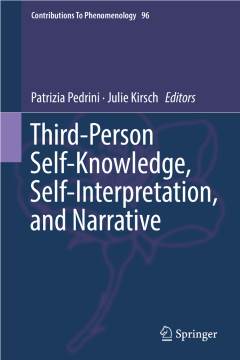Repository | Book | Chapter

(2018) Third-person self-knowledge, self-interpretation, and narrative, Dordrecht, Springer.
Our memories of past experiences influence the way that we think about ourselves and our relationships with others. But, as a growing body of empirical research has demonstrated, these memories are often biased and distorted. We sometimes play an active role in this process though our attempts at interpreting the past and "uncovering' its true meaning; friends, lovers, and therapists often encourage us to do just this. In what follows, I argue that our memories are not always free from moral evaluation; for how we remember the past can enhance or impair our ability to relate to others in morally appropriate ways. In showing that an ethics of memory is possible, I look at the various forms of indirect control that we can exercise over our memories. While we cannot remember at will, we can influence our memories by using external aids, guarding against biases, and revising the interpretations that we develop of our past experiences.
Publication details
DOI: 10.1007/978-3-319-98646-3_6
Full citation:
Kirsch, J. (2018)., Interpreting things past, in P. Pedrini & J. Kirsch (eds.), Third-person self-knowledge, self-interpretation, and narrative, Dordrecht, Springer, pp. 99-113.
This document is unfortunately not available for download at the moment.



